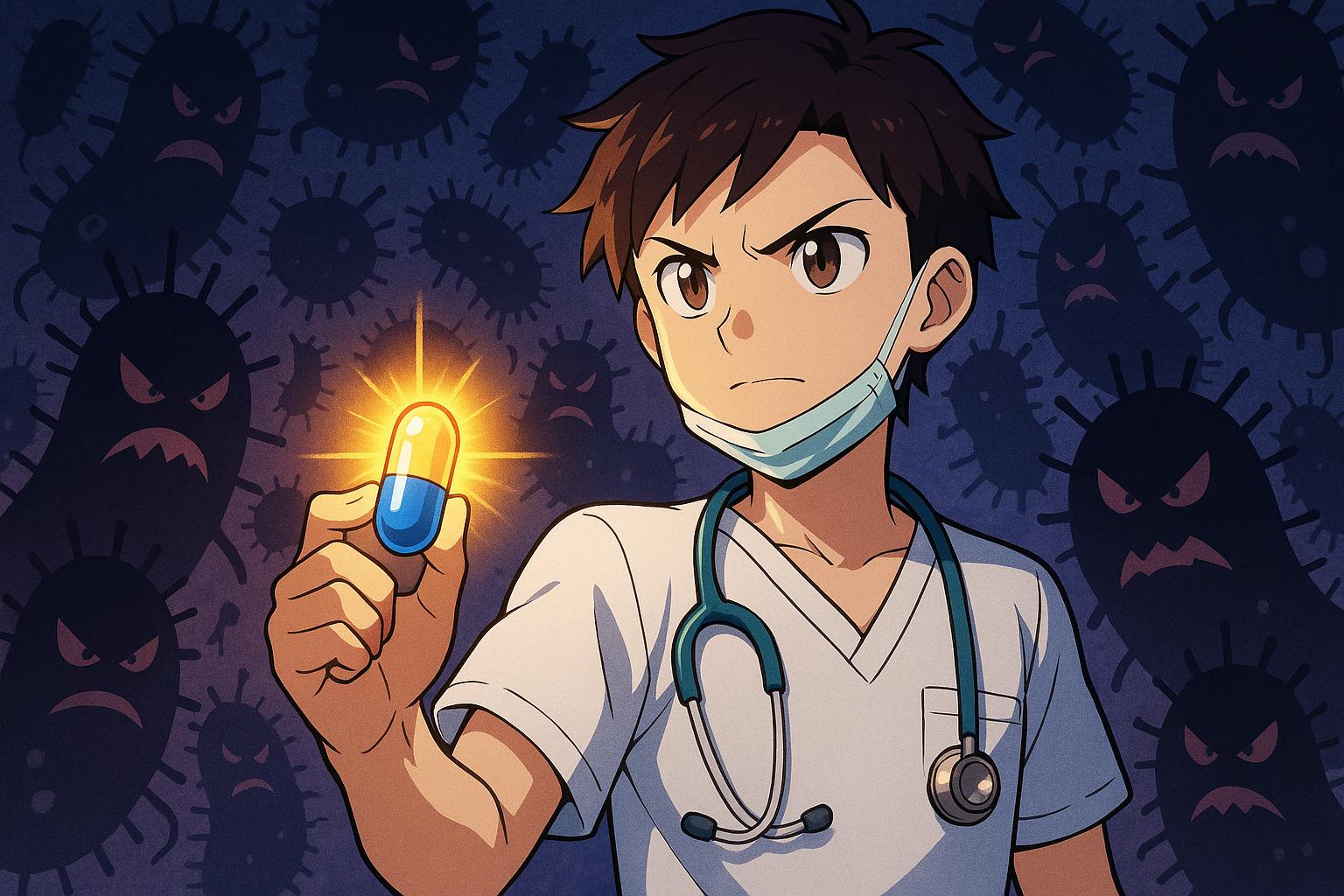Antibiotic resistance is emerging as one of the most pressing public health challenges of our time, presenting a grave concern that many may not fully appreciate until they find themselves facing a dire situation. It prompts a fundamental question: what happens if the antibiotics we rely upon cease to be effective? This is a reality already confronting a growing number of individuals and is poised to become a more widespread issue if we do not take immediate action.
The history of antibiotics has shaped our medical landscape profoundly since their introduction over a century ago, transforming encounters with infections from potentially lethal events to manageable conditions through simple prescriptions. However, this paradigm is rapidly changing. Bacteria possess a remarkable ability to adapt and evolve, with resistance mechanisms developing at an alarming rate. This process is exacerbated by misuse and overuse of antibiotics in both humans and animals and environmental factors. Data from the UK Health Security Agency (UKHSA) reveals a disconcerting rise in antibiotic-resistant infections, with 66,730 serious cases recorded in England in 2023, a substantial increase from the 58,224 cases noted in 2022, which had already marked a 4% rise from the previous year.
The statistics illuminate a sobering trend. Globally, an estimated one million deaths each year are attributed to antibiotic-resistant infections, a figure that could soar to eight million by 2050 if the current course remains unchecked. The impact is particularly severe among older populations, where untreated infections can escalate into systemic issues, including sepsis and multi-organ failure. In 2022, there were 2,202 reported deaths directly attributable to antibiotic resistance in England, underscoring the urgency of addressing this health crisis.
The UK government has recognised the gravity of the situation, placing tackling antibiotic resistance at the forefront of its public health agenda. The recent release of the National Action Plan in May 2024 outlines ambitious commitments to curtail unnecessary antibiotic use in both humans and animals, enhance the monitoring of drug-resistant infections, and incentivise the pharmaceutical industry towards the development of innovative treatments. This comprehensive strategy acknowledges the growing complexities of antibiotic resistance and aims to foster a proactive approach in addressing the multifaceted dimensions of the problem.
However, such a crucial challenge cannot rest solely on the shoulders of government and healthcare professionals. Public engagement and personal responsibility play pivotal roles in mitigating antibiotic resistance. Research conducted by the UKHSA indicates that, while nearly half of the British public express concern about antibiotic resistance, misconceptions about its implications and personal responsibility remain widespread. Many believe there is little they can do to influence the situation, misconceptions that are being counteracted by awareness campaigns featuring informative mascots like 'Andi Biotic.' This initiative seeks to educate the public on the proper use of antibiotics, including refraining from using them for viral infections such as colds and flu, as well as the importance of adhering strictly to prescribed treatments.
The rising tide of antibiotic-resistant infections, particularly in urban centres like London, reflects broader societal patterns. Recent data highlights ethnic disparities, with Asian ethnic groups exhibiting notably higher rates of resistance. This awareness is crucial, as it informs targeted public health strategies and addresses the community-specific factors that may contribute to the alarming rates of resistance.
Moving forward, the need for a multi-faceted approach is paramount. The UKHSA's ongoing efforts encompass improving diagnostic practices, reinforcing public health directives, and enhancing infection prevention protocols. Their recent updates emphasise a commitment to reducing the burden of antimicrobial resistance, showcasing that both proactive and reactive measures are crucial in addressing this looming crisis.
As we navigate this complex and evolving landscape, it is imperative that everyone—individuals, healthcare providers, and policymakers—remains vigilant and engaged in tackling antibiotic resistance. Collective action, informed by robust public health strategies and individual responsibility, holds the key to preserving the efficacy of antibiotics for future generations.
Reference Map
- Paragraphs 1, 2, 3, 4
- Paragraphs 1, 2, 3
- Paragraph 2
- Paragraphs 2, 3
- Paragraphs 3, 6
- Paragraph 5
- Paragraph 6
Source: Noah Wire Services
